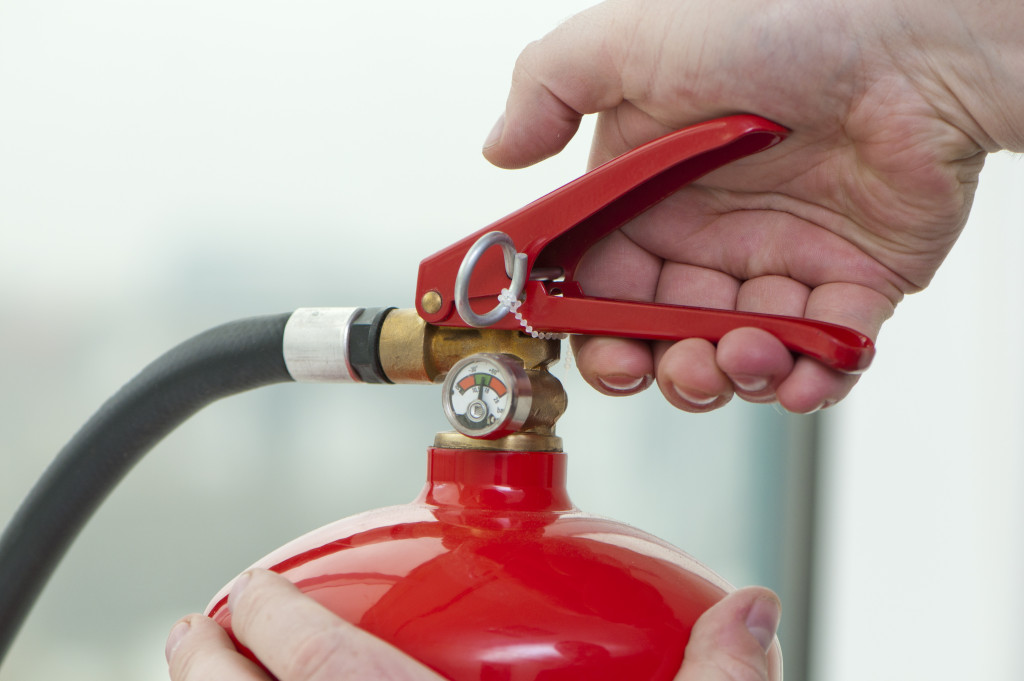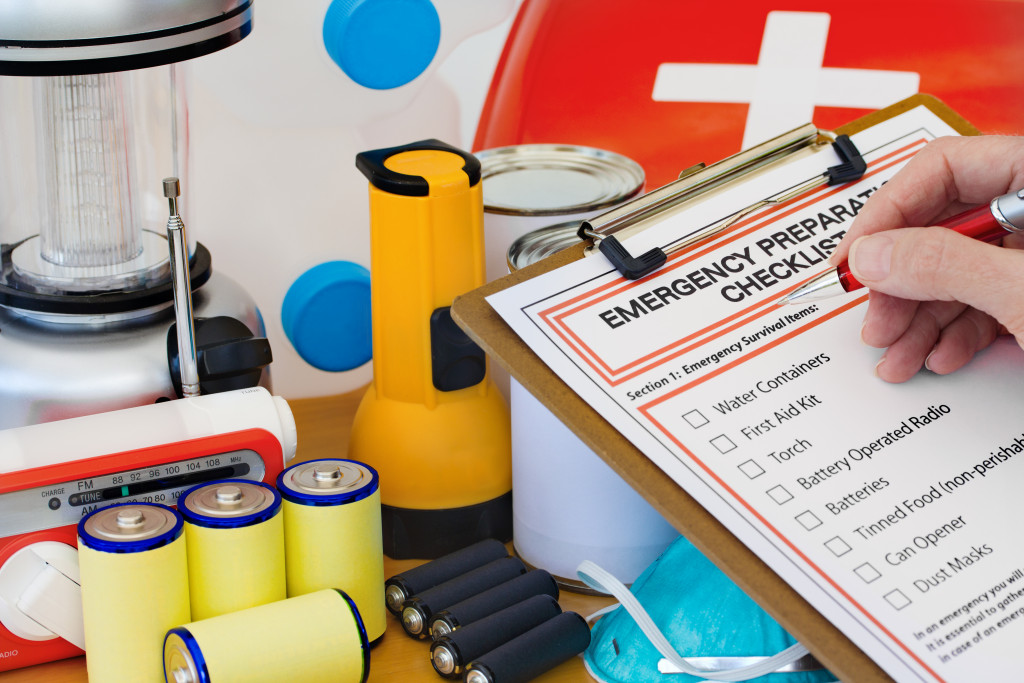People usually get caught off guard when an emergency strikes, whether it be an earthquake, a fire, a tornado, or a loved one falling sick. While we may not always know how to act in these situations, it is advisable to have emergency backups on hand, especially at home.
As a rule of thumb, always keep two sets of emergency supplies — one to use at home if you need to remain in your current location and another for use on the move if you’re required to evacuate. Here are essential emergency kit components to help you determine how you’d want to assemble your kit.
Invest in Emergency Lights
Calamities, such as tornadoes, extreme heat, and snowstorms, have the potential to devastate infrastructure and disrupt electricity for hours or even weeks on end. This could be inconvenient, especially if a crisis strikes at night. Thus, you’ll need lights to find your way to safety.
Consider various energy and illumination sources in your home, such as candles, matches, lamps, and light sticks. Furthermore, don’t hesitate to get backup home generators, stock up on fuel, and purchase some extra batteries for your flashlights. Apart from using them for your convenience, you can also use them to signal assistance and help in difficult situations. If you have pets, attach the light sticks to them to make them more visible at night.
Experts emphasize the necessity of having emergency lighting available while dealing with a disaster situation. Specific areas can be sensitive to power outages nowadays, especially with the extreme weather and environmental changes in recent years. Moreover, the neighborhood could also be more susceptible to various crimes in the dark. Do not rely on the battery life of your phone’s flashlight to last for an extended period, especially if you are using it to communicate with the authorities for help.
Check for fire safety equipment

The majority of fires that result in fatalities happen at night. Therefore, fire alarms, smoke detectors, and fire extinguishers should be installed on each level of your home or within reach, especially in the kitchen. Don’t forget to replace the batteries every month and recharge your fire extinguishers every 6 to 12 years.
If you have window protectors, see to it that they are equipped with a release mechanism that allows you to open them quickly in case of emergencies. You may also choose to upgrade your glazings to ensure that they don’t shatter into shards of glass in case of an explosion. This could save you and your loved ones from further accidents.
Make sure you have enough supply of clean water
Our body requires an adequate amount of water to function correctly. While we can go on for days without food, the lack of regular water supply for at least three days could cause the body to shut down entirely. In fact, a day without water can already impair your decision-making, making you lethargic and more susceptible to toxins and illness. Water helps us think, move, and focus in the most critical moments in life.
Do not simply rely on what you have available at home to keep yourself and your loved ones hydrated, especially in emergencies. You will need to have lots of additional clean drinking water available. Keep a clean water supply in capsules or tiny bottles in your actual emergency pack, and have enough purification tablets for various types of water.
Stock up on food
When everything goes south, it may cause panic buying among the community. Thus, supermarkets and food stores start to go empty, resulting in communal stress and anxiety. Running out of food supply is a terrifying thought anyone would have to face.
Every household must have enough supply of non-perishable food beforehand. Moreover, it is essential only to get what you need and not to go overboard. This will balance out the food supply for others.
Our body is well-adapted to survive without meals for weeks. However, during a disaster, you will want more fuel to remain healthy and attentive. Keep nutrient levels up as much as possible by preparing ahead of time and loading up on nutrient-rich foods.
If 2020 has taught us anything, it’s that we shouldn’t take emergency preparedness for granted, regardless of who or where we are. Things may develop fast in various situations, from simple respiratory diseases to deadly airborne viruses to environmental calamities. You’ll need all the tools at your disposal to manage these difficult situations. Nothing beats the peace of mind knowing you have done your part in ensuring that you have the primary backup equipment to save you and your loved ones’ lives in case of unforeseen circumstances.
